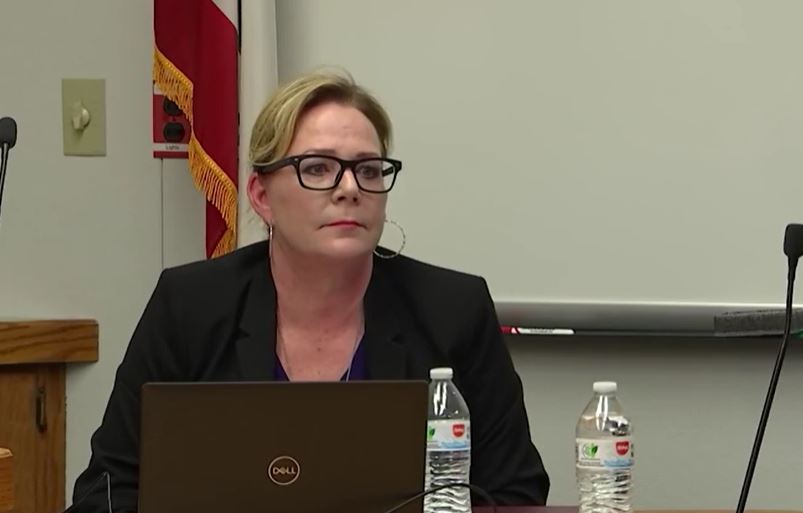In response to an NBC Bay Area/CIR joint investigation, state lawmakers have fundamentally changed the way parents can access information about day cares in California: The information is now available online and federal lawmakers have passed stricter requirements as well.
In October, Gov. Jerry Brown signed into law a bill requiring California’s Department of Social Services to post and update inspection records for child care centers on its website.
California’s Department of Social Services did what NBC Bay Area and The Center for Investigative Reporting did first: publish public records about safety inspection at local day care centers on the Internet.
The state’s action follows a joint investigation by NBC Bay Area and the Center for Investigative Reporting that first aired in January, uncovering that California had fallen behind the times when it comes to inspecting day cares with little state oversight or availability of simple inspection information for parents.
The investigation exposed that state law requires day care inspections once every five years. Furthermore, until the joint investigation, the state made that information difficult for parents to access by not posting it online. Under the old system, parents were required to visit a regional Department of Social Services office in order to view day cares’ inspection scores.
NBC Bay Area’s Investigative Unit also went undercover and found widespread confusion among day care operators over the law requiring them to show parents their most recent inspection if asked.
Local
After the reporting, California lawmakers took action, drafting two bills: one that would require inspection records get posted online and a second to increase day care inspections to be annual.
The team of journalists from the Investigative Unit and CIR did not wait for the bills to get passed to take action; the team spent months scanning the paper inspection records and posting them online for the largest and smallest counties in the local coverage area: Santa Clara County and Napa County.
The team also aggregated the numbers and analyzed the data to see which day cares had the most citations, something the state of California has never done. The state then followed suit and began posting some inspection information online last summer.
As of fall 2014, Gov. Brown signed one bill into law. That law requires day care center inspection information be posted and updated by the Department of Social Services.
“I was just happy to get this far along in this process,” Assemblywoman Cristina Garcia, of Bell Gardens, who authored the bill, told NBC Bay Area earlier this month. “I think your reporting helped to ensure that the rest of the legislators were informed of this problem and were eager to help find a solution.”
“The law guarantees that the department will continue to comply with the information that is up there,” Assemblywoman Garcia said. “Thank you for all the hard work you have been doing to make sure this got to our desk and we got it done.”
Even though the second bill mandating annual inspections did not pass, federal lawmakers took their own action to increase day care inspections in states across the country. In November, President Obama signed the Child Care and Development Block Grant of 2014 into law which requires all states that receive federal funding to annually inspect child care centers.
California has not yet determined when or how it will implement this new yearly inspection standard.
“I think our biggest issue is making sure we have enough personnel that are trained and able to get out there and do the investigations,” Assembly member Garcia said.
The Investigative Unit requested and interview with officials from California’s Department of Social Services but a representative said no one was available in the month of December.
Instead, spokesman Michael Weston issued this statement:
We are working with our federal and state partners to better understand the impacts of changes to the Child Care and Development Block Grant and the timeline required to meet those changes. Part of that process is determining what can we do as a Department within our scope of authority and what changes may require legislative action.
Kim Johnson, the policy director for California’s Childcare Resource and Referral Network, has lobbied the state for these changes for years.
Johnson is encouraged by the new laws and calls NBC Bay Area and CIR’s investigation a catalyst that “changed the conversation” in Sacramento and beyond.
“We absolutely need to ensure that where children are, they have basic health and safety standards and we can’t afford not to do that,” Johnson said. “It’s really significant how much has changed in a short amount of time.”
But, Johnson admits, she won’t celebrate until she sees the new federal mandates go into effect here in California.
“It’s going to be a heavy lift for California to implement,” she told the Investigative Unit. “It’s overdue and this is the first time that the federal guidelines have been so prescriptive in terms of exactly what standards they have for the funds we receive in California.”



